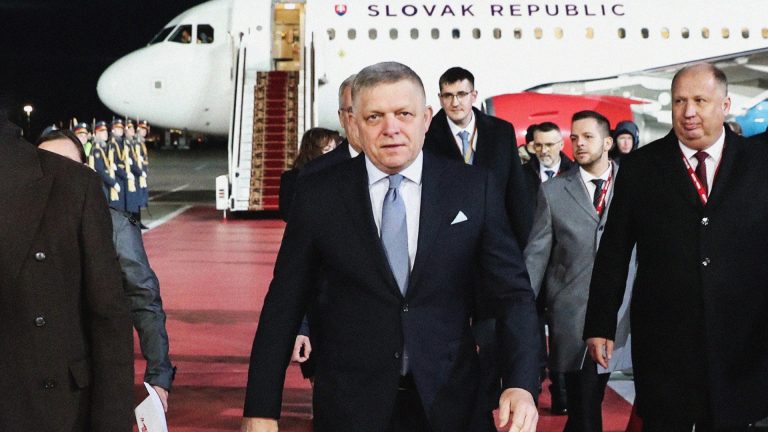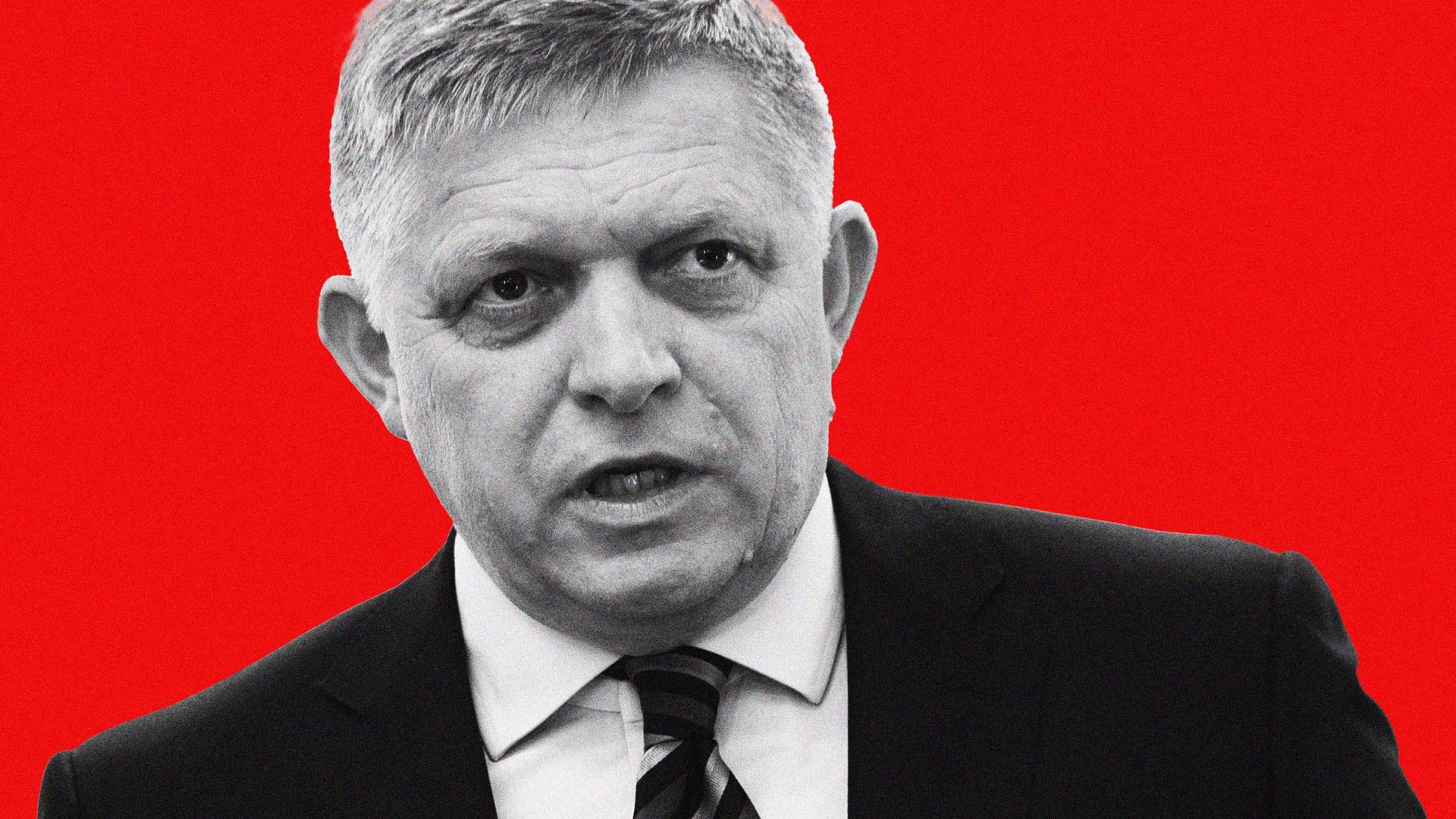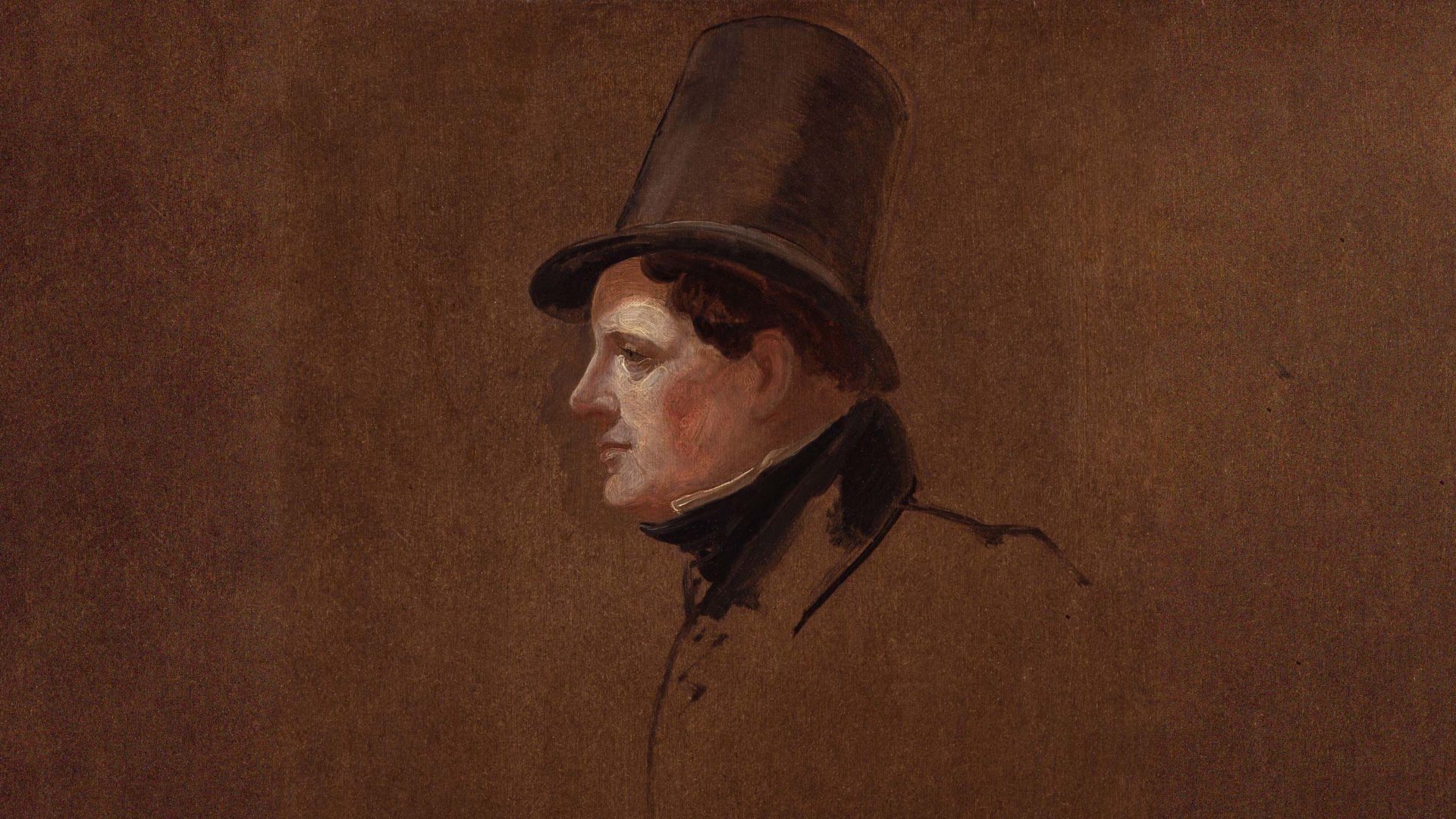When Martin Williams, chief investigator at the news outlet Declassified UK, published his report titled “UK government secretly paid foreign YouTube stars for ‘propaganda’”, few anticipated it would ignite the kind of political storm in Slovakia that it did this summer. Initially, the story went unnoticed, until it was picked up by a small, newly established Slovak right wing website. The following morning, the Slovak prime minister, Robert Fico, convened a press conference, summoning the British ambassador and accusing “a foreign power” of interfering in the country’s 2023 elections.
And it would not be Fico if his news conference exposé were not full of untrue claims. “They wanted to imprison me and we won. They wanted to kill me. We will not shut up,” he said in one of his many tirades, which the Slovak public has grown both accustomed to and tired of.
So what happened? It seems the British Foreign Office contracted a media agency to pay social media influencers in Slovakia an undisclosed sum to mobilise young voters in the run-up to the elections. Declassified UK reported that the contract, covering 22 countries across central and eastern Europe, the Balkans and the Baltics was worth £9.45m and aimed at combating disinformation in those nations. The UK swiftly denied any allegations of election meddling.
“Fico is a capable orator, but no grand strategist,” says Victor Breiner, a strategic communications expert. “What he does better than any other Slovak politician is capitalise on opportunities and wring every ounce of political advantage from them. That is why he fabricated a scandal around alleged British interference in Slovakia’s elections.”
From 2021 to 2022, Breiner served in the Slovak government’s counter-hybrid and strategic communications unit, in the Ministry of Defence. “His aim is the propagandist’s classic manoeuvre: to accuse opponents of precisely what he himself is doing,” says Breiner. “And that is collaboration with a foreign power – [Vladimir] Putin’s regime.”
These opponents are politicians from the main opposition party, the socially liberal Progresívne Slovensko (PS), which has been leading in the opinion polls for some time now.
Suggested Reading

Robert Fico goes to Moscow
Ondrej Prostredník is an MP for PS. “Encouraging young people to participate in elections is in the interest of all political parties,” he says. “The recipients of this support acted transparently, and the content of the supported campaigns is publicly available. The accusation that a specific campaign in Slovakia helped PS achieve a better election result is fabricated and not based on any evidence.”
One current PS MEP, who was not a politician during the campaign and did not run for office in the 2023 elections, admitted to receiving €2,000 to cover travel expenses during the mobilisation NGO campaign co-funded by the UK.
Rasťo Kužel leads Memo 98, one of the NGOs that received funding from the British side. It is named after the 1998 elections, which led to the ousting of the authoritarian PM Vladimír Mečiar.
“Memo 98 is a media monitoring and election observation organisation,” says Kužel. “For several months, Robert Fico has been advocating changes that could reshape Slovakia’s political landscape, including raising the electoral threshold and increasing the election deposit. He argues this would reduce the number of political parties, but in reality, these measures would disproportionately harm new and smaller parties by raising barriers to participation and limiting political competition.”
Shortly after these revelations broke, an MEP from Fico’s Smer party, Erik Kaliňák, went to Bucharest to meet Andrew and Tristan Tate. The brothers, who hold dual US-British citizenship, face rape and human trafficking allegations in both Romania and the UK.
Kaliňák and the other Smer MP who met the Tates, Richard Glück, are considered rising young stars within Fico’s party who can build its appeal among younger voters.
And so mid-summer here in Slovakia concluded with the sound of another rant by Fico, filled with twisted truths. The inconsistencies in his messaging have hardly gone unnoticed, nor have his attempts to exploit the information space for political gain. But as criticism against him continues to grow, it’s all beginning to look very desperate.
Branislav Ondrásik reports for the Slovak daily SME



